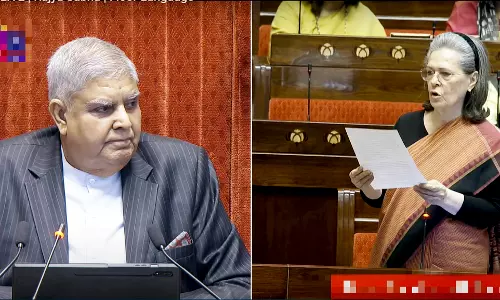Union Budget 2016: Middle class left high and dry, with a few exceptions
Finance minister Arun Jaitley’s third Union Budget on Monday left the middle class and salaried people high and dry, hit by slow economic growth and the rising cost of living.;
Finance minister Arun Jaitley’s third Union Budget on Monday left the middle class and salaried people high and dry, hit by slow economic growth and the rising cost of living. There was no increase in the income-tax exemption limits, nor was there any hike in tax-saving instruments.
Only people earning upto Rs 5 lakhs got a tax benefit of Rs 3,000 in tax liability for the entire year, and a Rs 3,600 benefit for those living on rent. For “first home buyers”, the FM proposed to give deduction for additional interest of Rs 50,000 per annum for loans up to Rs 35 lakhs that were sanctioned during the next financial year, provided the value of the house does not exceed Rs 50 lakhs.
But on the other side, Mr Jaitley has for the first time made provident fund and EPF taxable on maturity. PPF and EPF have been the most favourite saving instruments of salaried people, and bringing them under taxation will lower returns on these two instruments.
The government had redcently said that it will bring down interest rates on various small saving instruments.
The finance minister also imposed a 0.5 per cent Krishi Kalyan Cess on “all taxable services” from June 2016 which will make mobile phone calls, eating out at restaurants, air tickets, cable and DTH services, among others, more costly. Buying new cars too will be costlier, as Mr Jaitley has proposed to levy an infrastructure cess of one per cent on small petrol, LPG, CNG cars, 2.5 per cent on diesel cars (of length not exceeding 4 metres and engine capacity not exceeding 1,500cc) and four per cent on higher engine capacity vehicles and SUVs.
Industry body Assocham had earlier suggested to the finance minister that he increase the deduction for long-term savings to Rs 2.5 lakhs and reintroduce the concept of standard deductions for salaried employees who can then give a boost to consumption demand and boost economic growth.





